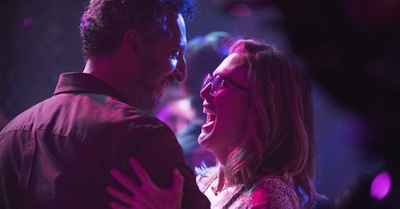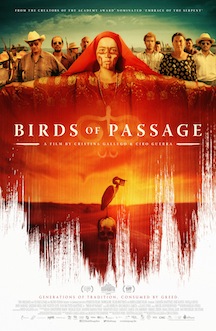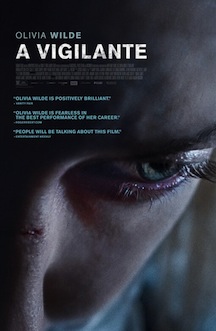Direction: Mike Leigh
Country: UK
Mike Leigh is a wonderful director who showed all his brilliance in titles like Secrets & Lies, Another Year, Naked and Vera Drake, among others. His directorial reputation is certainly not ruined with Peterloo, a historical account that recreates the 1819 massacre of the same name, even if the film doesn’t work for most of its duration.
Sir John Saxton (John Paul Hurley), a soldier known for his great achievements but with no time for politics, is promoted to commander of the Northern District and assigned to work in Manchester with the mission to locate and identify the insurgents who keep supporting radical campaigns against the government. The English nation became divided and people demand not only a Parliamentary reform but also voting rights extension and the repeal of the Corn Laws, which is responsible for the rising of poverty. Women also gather in protest.
Henry Hunt (Rory Kinnear), an excellent orator and agitator, leads the radicals and becomes a target for the government spies as he organizes a crucial meeting at St. Peter’s Field. Other outstanding reformists are John Bagguley (Nico Mirallegro), an 18-year-old machinist with a penchant for powerful speeches, and the passionate Samuel Bramford (Neil Bell), who spearheads a group of supporters from Middleton but gets disappointed with the impossibility to speak publicly. Local magistrates trust the Manchester Yeomanry, a volunteer armed regiment, to put an end in the meeting and arrest Hunt, but the operation ended in a brutal attack against the vehement yet peaceful laboring-class protesters as well as innocent people, including women and children.
I classify this period chamber piece as a long, drawn-out journey in which every scene is overextended far beyond the interest of its content. Every radical phrase deserves a time-consuming cheer, which is despairing sometimes. The visual presentation is lyrical and luminous, impeccably controlled by the cinematographer Dick Pope, whose frames resemble Realist paintings. However, the dialogues, speeches, and ideas repeat to the point of making the progression of the film a burden. This is the type of film where no one in the cast really stands out, while Leigh’s linear narrative wasn’t particularly attractive this time.




























































